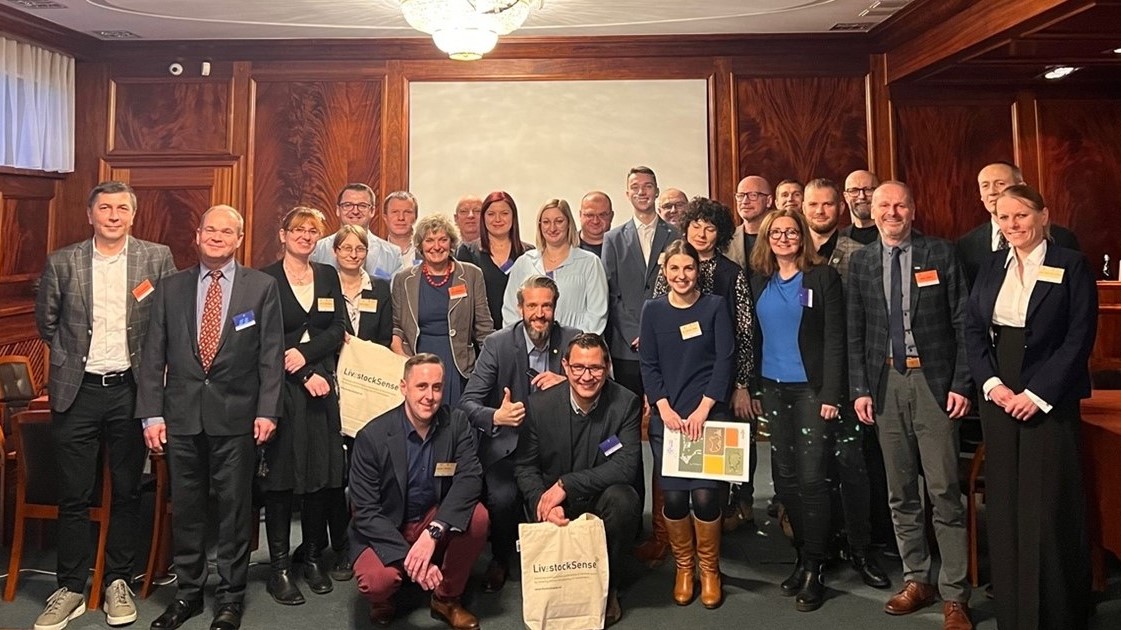On December 10, 2022, and March 11, 2023, discussion workshops related to the use of modern ICT technologies (ICT – information and communication technology) in animal production were held. The event was organized by the LivestockSense project team from the Wrocław University of Environmental and Life Sciences (UPWr). A total of 29 participants (pictured above) took part in the discussions, representing various sectors related to animal production, i.e., developers/suppliers of ICT technologies, farmers, representatives of NGOs, and scientists.
During the workshop, the participants, divided into small, complex groups of representatives of individual sectors (pictured below), had the opportunity to raise issues related to the use of ICT tools, i.e., motivations leading to the installation and use of the newest technology, characteristics of users and what distinguishes them from other farmers, and also jointly identify barriers for technology adoption and propose ways that may positively affect the implementation of modern technologies.
In order to obtain reliable conclusions, similar events are also organized by other members of the LivestockSense project consortium from Sweden, Denmark, Estonia, Hungary and Israel, based on the methodology prepared by the AKI Institute of Agriculture of Economics (Hungary) and the project coordinator, prof. Thomas Banhazi.
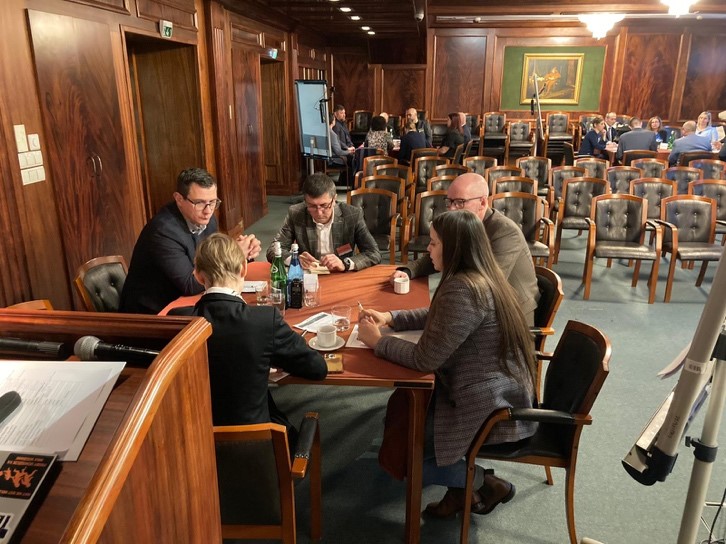
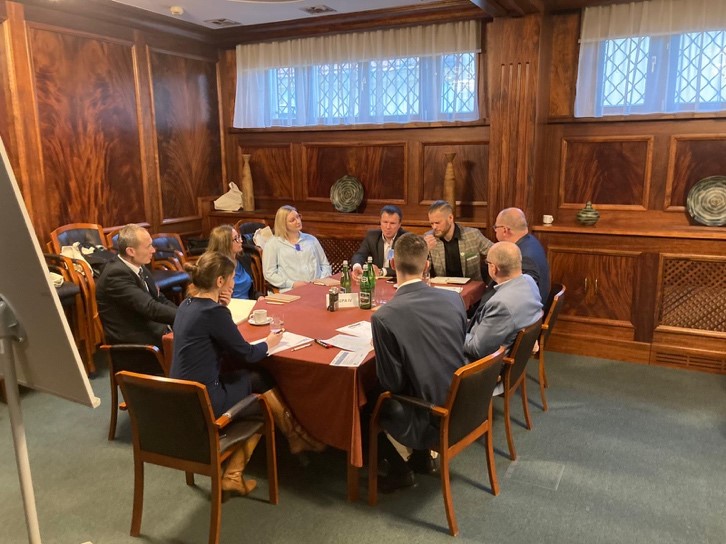
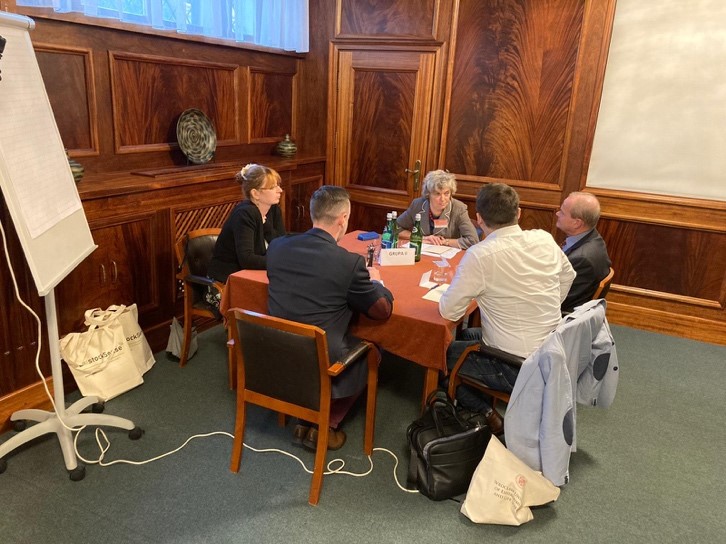
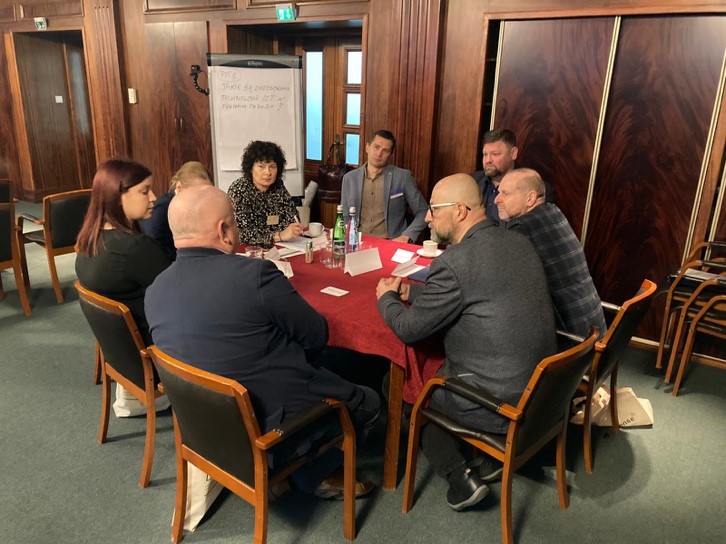
Moderators of small thematic groups – dr. Ewa Popiela, dr. Anna Jankowska – Mąkosa (pig section), dr. Damian Konkol and Kasia Olejnik (poultry section) present their conclusions on the forum, thanks to which all participants had the opportunity to additionally comment on the results of the discussion. The whole event was led by the principal investigator, Assoc. Prof. Sebastian Opaliński, conducting the project at UPWr. At the beginning of the meeting, prof. Opaliński familiarized the participants with the objectives of the project and showed the results achieved so far. On the part of UPWr, the science was represented by Prof. Ewa Łukaszewicz, Prof. Damian Knecht, Prof. Robert Kupczyński and Assoc. Prof. Mariusz Korczyński.
The event resulted in positive feedback from the participants. Thanks to the opportunity to meet representatives of all branches of the industry and jointly discuss problems from the perspective of each of the sectors involved in animal production. It gives the possibility to identify real problems related to the use of modern technologies and, most importantly, to solve them more effectively.
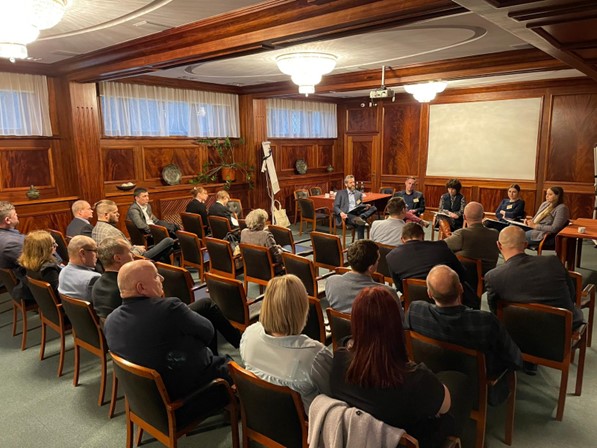
II Edition Discussion Workshops
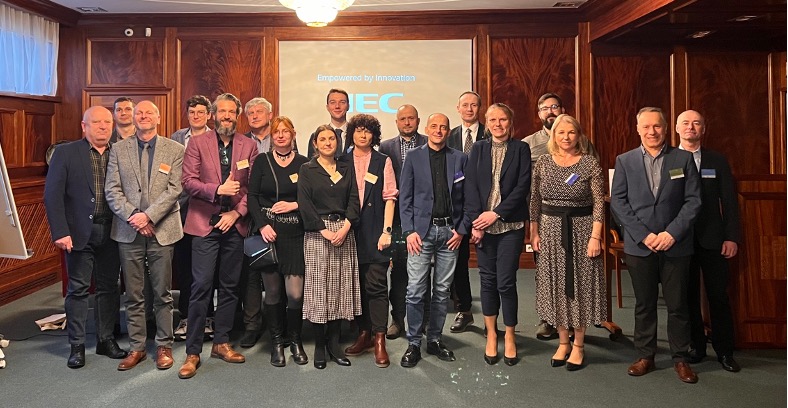
On March 11, 2023, the second edition of the Polish discussion workshops related to the use of modern ICT technologies in animal production was held.
The event was once again organized by Wrocław University of Environmental and Life Sciences. The discussions were attended by a total of 18 participants, representing various sectors related to animal production, i.e., ICT developers/ suppliers, farmers, representatives of NGOs and scientists.
Discussion moderators was this time Ewa Popiela, PhD (poultry section) and Anna Jankowska – Mąkosa, PhD (pig section), and was once again led by prof. Sebastian Opaliński. On the part of UPWr, Academic approach was represented by prof. Damian Knecht, prof. Robert Kupczyński and prof. Arthur Kowalczyk.
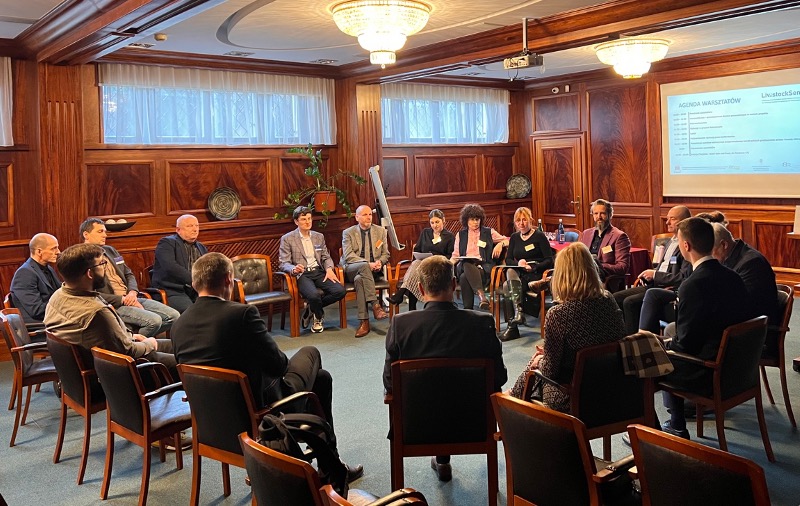
Similarly, to the previous edition the event met with very positive feedback from all participants, as it enabled an effective discussion on problems from the perspective of each of the sectors involved in animal production.
The LivestockSense project team would like to thank all workshop participants for taking part in the events and the employees of the Wrocław University of Environmental and Life Sciences for their involvement in the organization of the event.
For more information about the activities of the LivestockSense consortium, please feel free to contact us.
This article reports on the result related to the LivestockSense project that received funding from the European Union’s Horizon 2020 research and innovation programme under grant agreement No. 861665 ERA-NET ICT-Agri-Food. The authors acknowledge the contribution of AgHiTech Kft (HU), Institute of Agricultural Economics (HU), Galilei Research Institute Ltd. (IL), SBA Research (AT), and Innvite ApS. (DK), Swedish University of Agricultural Sciences (SE), Wroclaw University of Environmental and Life Sciences (PL), Estonia University of Life Sciences (EE), Aarhus University (DK) and the co-funding of the following organisations: NRDI Funds (HU), Israel Innovation Authority (IL), Bundesministerium, LRT Fund (AT), GUDP (DK), Ministry of Rural Affairs (EE), The National Centre for Research and Development (PL) and FORMAS (SE).








